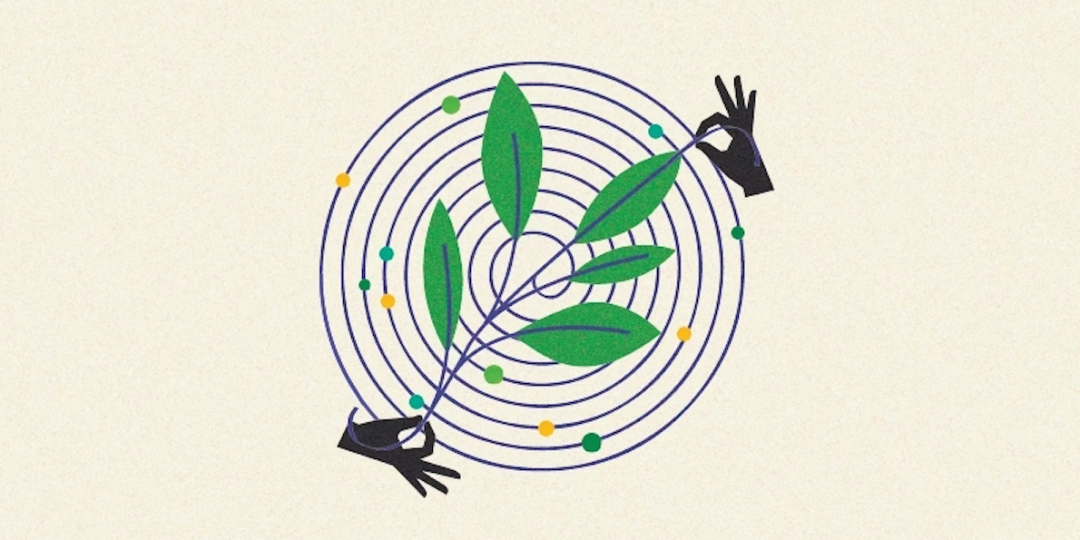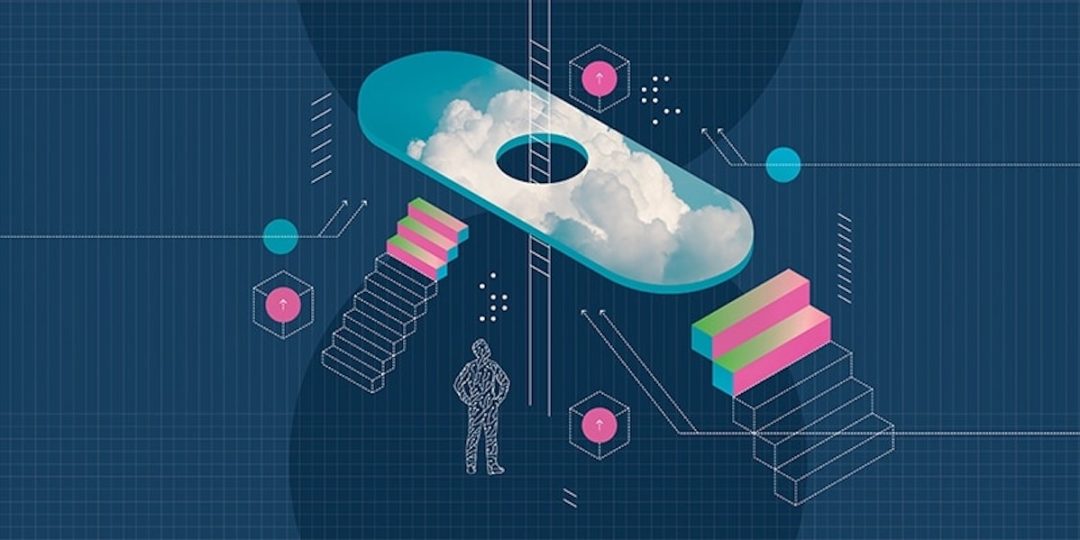In uncertain times, leaders should embrace ambiguity and adopt an “act to decide” approach, taking small, exploratory actions to navigate unpredictability. This method prevents premature commitments based on incomplete data and fosters adaptability. By tolerating uncertainty and leveraging interconnected ecosystems, organizations can thrive.
Continue readingAuthor: peg
Forever ten years away
Why do some the technologies always seem to be ten years away? We’re not talking about the science fiction dreaming of faster than light travel or general AI and the singularity. Those ten years apply to technologies that forever seem to be just out of reach, just beyond our current technical capabilities, like nuclear fusion (as opposed to fission) or quantum computing. Researchers make incremental progress and we’re told that (once the technology works) its going to change everything, but despite this incremental progress estimates of when the technology will be commercialised and so available to the public always seem to be in the ballpark of ‘ten years’.
Continue readingGen AI’s other use
The hype for generative AI doesn’t seem to be dying off. This is unsurprising as—unlike the metaverse, blockchain, and crypto—the technology is providing demonstrable benefits. We’re clearly in the installation phase where mad experimentation is the rule rather than the exception.
A lot of the mad experimentation we’re seeing is focused on either integrating new things into a LLM, or on jamming a LLM into some existing solution to ‘revolutionise’ it. There’s some great stuff in there—a wealth of new LLM-powered creative tools is enabling us to unleash our artistic urgers. On the other hand, integrating a LLM with an online learning platform is useful, but unlikely to be revolutionary.
Continue readingOn our new robot overlords
One might be convinced that our robot overlords have finally arrived, with all the noise in the news and social media about the new generation of generative AI tools. Tools such as GPT-3 & GPT-4, Midjourney, and Stable Diffusion, have resulted in a wave of creativity as we experiment with them, discovering what they can do, the new opportunities they represent, how to trick them, and where they fail. It’s now possible to turn a rough drawing into a functioning web site, create a recipe from a picture of potential ingredients, or develop a Seinfield-spoof streaming show. Conversations with these tools have even led some users to believe that the technology is conscious.
Continue readingA new narrative for digital data
The article suggests rethinking digital data privacy by adopting Indigenous Australian metaphors focused on relationships and responsibilities rather than Western concepts of property and rights. It argues that treating data as property fails due to its intangible nature and advocates for a framework where data is viewed through relational responsibilities. This approach, inspired by Indigenous cultures, emphasises communal care and accountability, providing a more sustainable and ethical model for managing digital privacy and data use.
Continue readingThe secret of our success
The secret of our species’ success resides not in the power of our individual minds, but in the collective brains of our communities. Our collective brains arise from the synthesis of our cultural and social natures—from the fact that we readily learn from others (are cultural) and can, with the right norms, live in large and widely interconnected groups (are social). The striking technologies that characterize our species […] emerge not from singular geniuses but from the flow and recombination of ideas, practices, lucky errors, and chance insights among interconnected minds and across generations.
— From Chapter 1, “A Puzzling Primate”, in “The Secret of our Success” Henrich, Joseph Patrick. The Secret of Our Success: How Culture Is Driving Human Evolution, Domesticating Our Species, and Making Us Smarter. Princeton University Press, 2016.
Continue readingFlourishing in ambiguity
To adapt to today’s ambiguous and uncertain market, leaders need to shift from the traditional approach of deciding to act to one of acting to decide. Doing this means embracing uncertainty to foster a culture that values exploration and learning. Leaders need to manage their tolerance for ambiguity and cultivate attitudes and behaviours that enable effective engagement with uncertainty, viewing it as a source of ideas and opportunities rather than something to be avoided.
Continue readingHow tax can help untangle the Gordian sustainability knot
We have a new essay published in Deloitte Insights, How tax can help untangle the Gordian sustainability knot, a collaboration between C4tE and the tax team at Deloitte. The essay emerged from conversations about how tax teams want to do more to support sustainability, but it’s not clear what to do as the team’s day-to-day operations have little impact their organisations sustainability footprint. What we realised is that tax is in a unique position to help untangle the gordian knot of sustainability.
Continue readingWhy hasn’t AI delivered on it’s promise?
We have a new essay published on Deloitte Insights, Why hasn’t AI delivered on its promise?, a collaboration between the Centre for the Edge and and the AI Institute. This time we’re smashing together the ideas from The real landscape of technology-enabled opportunity and Reconstructing jobs to see if they can help us understand why, despite recent advances in AI, adoption seems to be lacking.
Continue readingHow industries evolve
We have a new essay published in Deloitte Insights, How industries evolve: Interactions, not institutions, drive disruptive change, a collaboration with Damien Crough from prefabAUS. This essay builds on the observation in The real landscape of technology-enabled opportunity. that disruption is typically the result of the accumulation of many minor innovations, rather than being driven by some significant disruptive innovation, by showing how industries evolve when the verbs change (how organisations in the industry interact) rather than the nouns (disruption of the organisations themselves).
Continue reading





